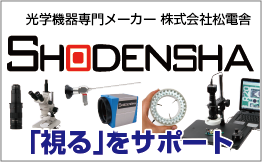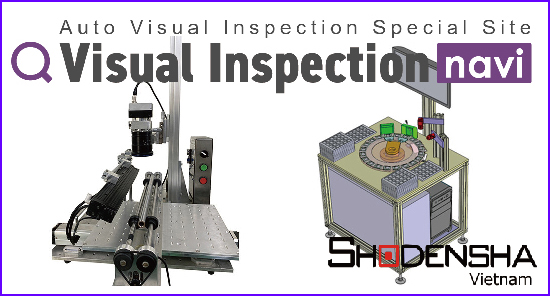1. Types of Waterproof Cameras
There are many different types of waterproof cameras.
For example, digital cameras that are often used in daily life, and even the camera functions of recent smartphones are waterproof. These cameras have a waterproof IP rating, which means they are waterproof and splash-proof. Another example is outdoor surveillance cameras.
There are different types of digital cameras, such as those with a waterproof IP rating on the main body and those that are used in a waterproof housing case used for underwater photography such as diving, etc., and those that are suitable for various scenes and lifestyles.
On the other hand, surveillance cameras are constantly installed in harsh outdoor environments, so requirements such as heat resistance, cold resistance, water resistance, wind resistance, and dust resistance are required. They can also be installed at heights and are housed in a robust outdoor housing case.
Durability and reliability are equally important for industrial and industrial applications, i.e. for industrial and industrial cameras used in factory production lines.
2. What is required of waterproof cameras for industrial and industrial use?
Since there are processes that use water in factory production lines, there are situations where cameras are required to be waterproof, water-resistant, and dustproof.
In such a situation, the types of digital cameras and surveillance cameras mentioned earlier may not be suitable for you.
In the case of digital cameras, compact lenses may not be interchangeable. Different lenses may be required depending on the distance, short range, and magnification, but most compact digital cameras can only use lenses that are built into the lens at the time of purchase.
On the other hand, in industrial applications, there is a need for easy lens replacement that can be used in a variety of scenes. For example, you might want to take a landscape shot, a whole machine, or a close-up shot of a small part.
In addition, from the perspective of shooting timing, there are more and more cases where trigger signals are input for shooting.
Therefore, waterproof cameras required for industrial and industrial cameras have the following requirements:
- Be waterproof
- The lens can be easily changed according to the scene.
- The camera must be small
- Trigger signal can be received from an external terminal



